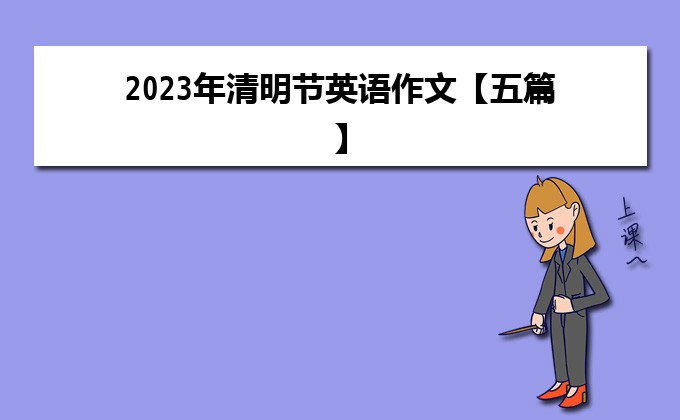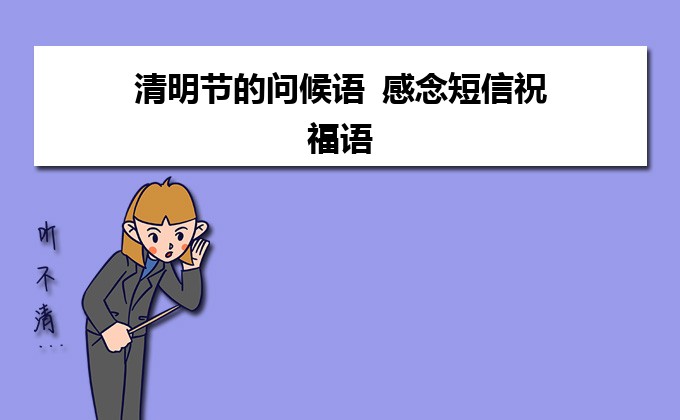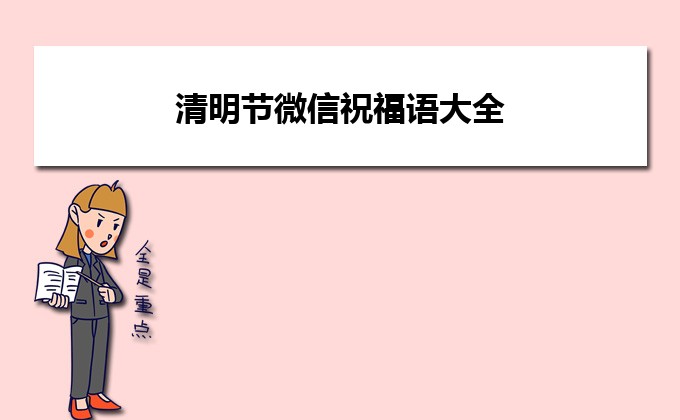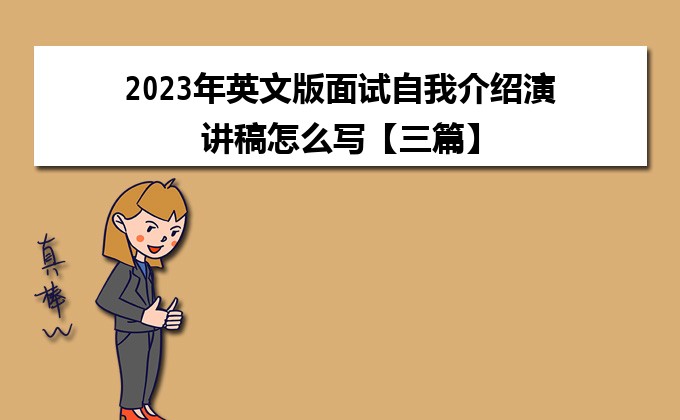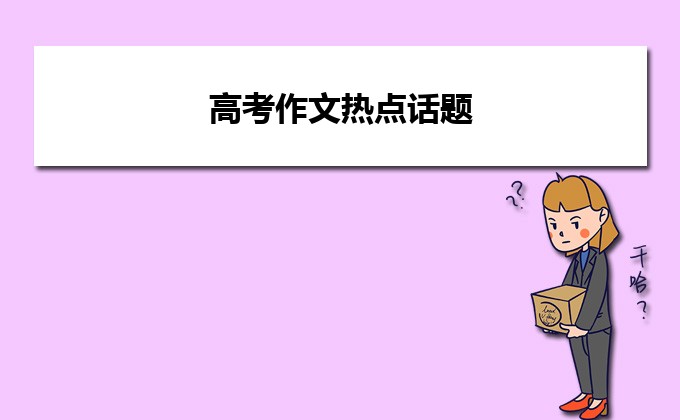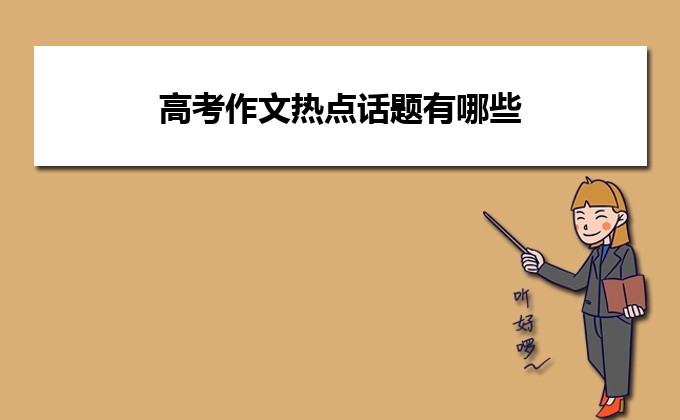介绍清明节英语作文1
The tomb sweeping day is one of the traditional festivals in China. On April 5th, people start to visit their ancestors’ tombs. Generally speaking, people will bring the home-made food, some fake money and paper-made mansion to their ancestors. When they start to honour their ancestor, they will light up some candles and incense, put some flowers around the tombs. The most important thing is to put the home-made food in front of the tombs. The food, also known as sacrifices, is usually made up with a chicken, a fish and some pork. It’s a symbol of the offspring’s respect to the ancestors. People believe that the forbears will share the food with them. The children dedicate the food and money to their forbears in order to show their love and caring. The young offspring will go down on their knees and pray for their ancestors. They can say their wishes in front of the tombs and the ancestors will make their dreams come true.
In some provinces of China, people use different activities to commemorate this day, for instance, spring-outing, swinging, tree planting and making special food. One special food is Ay Tsao rice balls. It looks like Tang-yuan, but its colour is green. Mix the ay tsao juice with the rice powder, then make it into small balls. The Ay Tsao rice ball is done. People believe that eating ay tsao rice balls can get rid of the bad luck and everything will go smoothly. Other activities such as spring outing, tree planting are the other ways to commemorate the forbears. For one thing, it is a sign that people should look into the future and embrace the hope; for another thing, we do hope our ancestor rest in peace.
介绍清明节英语作文2
Qing Ming is popularly associated with Jie Zi Zhui, who lived in Shanxi province in 600 B.C. Legend has it that Jie saved his starving lord's life by serving a piece of his own leg. When the lord succeeded in becoming the ruler of a small principality, he invited his faithful follower to join him. However, Jie declined his invitation, Pferring to lead a hermit's life with his mother in the mountains.
Believing that he could force Jie out by burning the mountain, the lord ordered his men to set the forest on fire. To his consternation, Jie chose to remain where he was and was burnt to death. To commemorate Jie, the lord ordered all fires in every home to be put out on the anniversary of Jie's death. Thus began the "cold food feast", a day when no food could be cooked since no fire could be lit.
The "cold food" festival occurs on the eve of Qing Ming and is often considered as part of the Qing Ming festival. As time passes, the Qing Ming festival replaced the "cold food" festival. Whatever practice is observed,the basic observation of Qing Ming is to remember one's elders by making a special effort to visit their graves, ashes or ancestral tablets. To make the visit even more meaningful, some time should be spent to remind the younger members of the family of the lives and contributions of their ancestors, and the story of Jie Zi Zhui who choose death over capitulation.
介绍清明节英语作文3
Qing Ming is a time to remember the dead and the dearly departed. More important, it's a period to honour and to pay respect to one's deceased ancestors and family members. Because it reinforces the ethic of filial piety, Qing Ming is a major Chinese festival.
Literally meaning "clear" (Qing) and "bright" (Ming), this Chinese festival falls in early spring, on the 106th day after the winter solstice. It is a "spring" festival, and it is an occasion for the whole family to leave the home and to sweep the graves of their forebears. Chinese being practical people this sweeping of the graves is given an extended period, that is, 10 days before and after Qing Ming day. Among some dialect groups a whole month is allocated.
